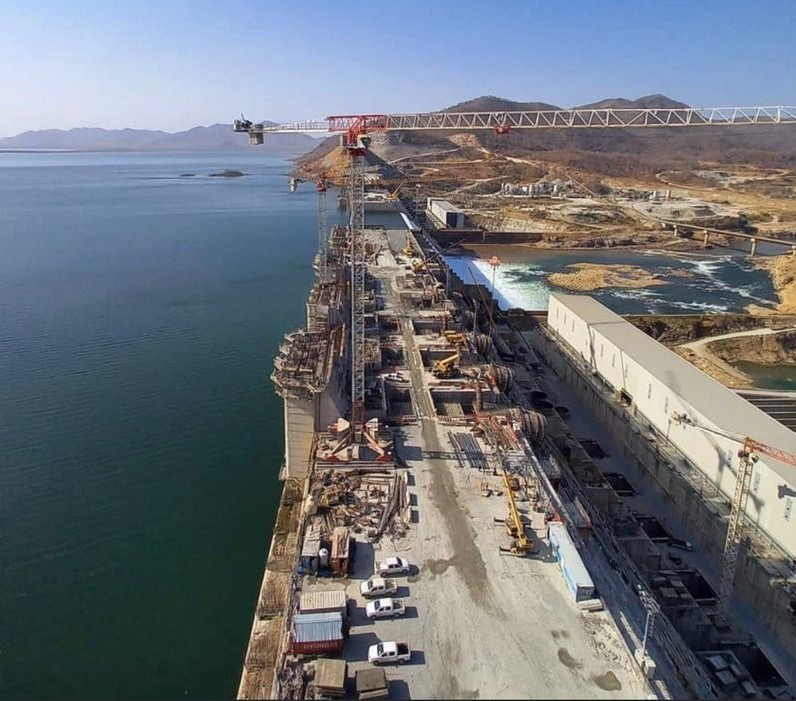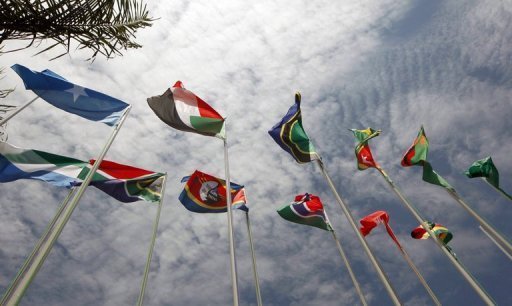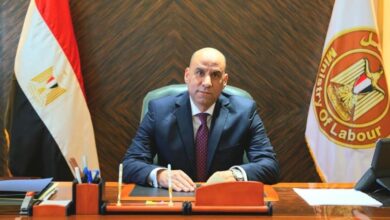
Egyptian Foreign Minister Badr Abdelatty has reiterated Egypt’s steadfast position on the Grand Ethiopian Renaissance Dam (GERD), and of his country’s available solutions to address the dam crisis and its repercussions.
The Foreign Minister stated that Egypt has the vision and means to deal with the GERD dispute, noting Egypt’s readiness to address any harm to its water share.
In a press conference held by the Egyptian government on Wednesday, Abdelatty added that Egypt is not a helpless country and has the mechanisms to deal with the situation in accordance with international law.
Cairo is seeking to minimize the impact of this dam on Egypt as much as possible, he stressed.
Abdelatty stated that if any harm occurs to Egypt’s national security, the state has the procedures and policies to deal with any damage.
‘There will be no leniency’
Tensions have risen between Cairo and Addis Ababa after the failure of all negotiations over the Nile River waters due to the GERD project.
Egyptian Foreign Minister Badr Abdel-Aati stressed in September that there will be no leniency, tolerance or concession regarding the Nile River’s water, as it is an existential issue directly related to Egyptian national security.
He stressed that not a single drop of Nile water can be squandered, because what his country is getting now is not enough.
Earlier in September, Abdel-Aati addressed a letter to the President of the United Nations Security Council rejecting the recent statements of Ethiopian Prime Minister Abiy Ahmed regarding the fifth phase of filling GERD.
The letter renewed Egypt’s categorical rejection of Ethiopian unilateral policies that violate the rules and principles of international law, and constitute a clear violation of the Declaration of Principles agreement and the Presidential Statement of the Security Council on September 15, 2021.
He added that Ethiopia seeks to legitimize its unilateral policies that contradict international law, and hide behind baseless claims that these policies are based on the right of peoples to development.




